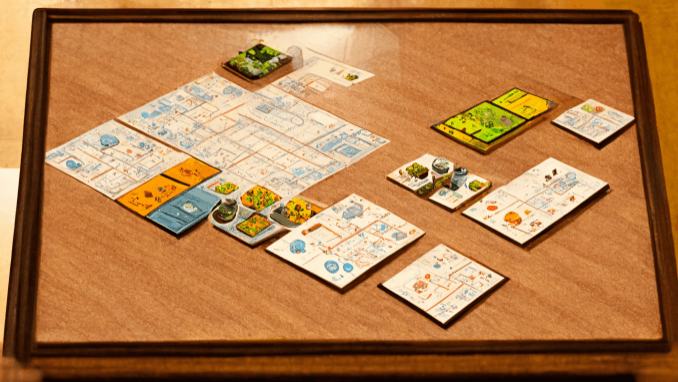
Why, and Why Not to use Simulations in Learning
The earliest learning simulations were wargames. Modern simulations grew out of combatants’ need to understand past strategies, and to develop and test new ones […]
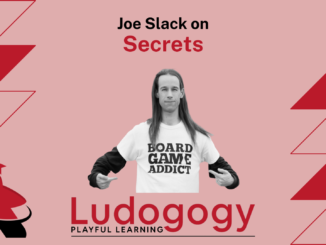





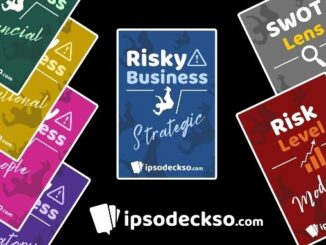


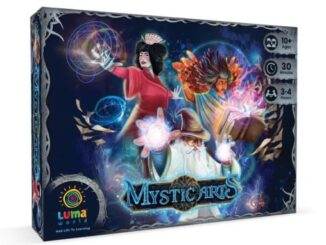

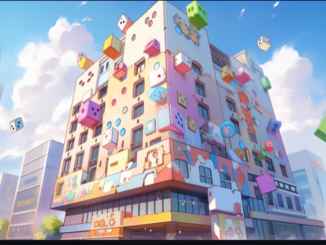


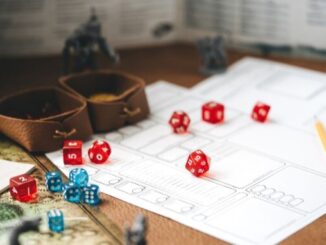

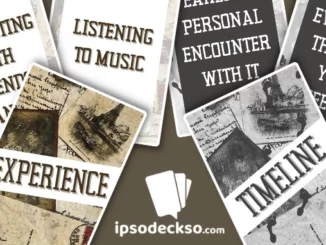


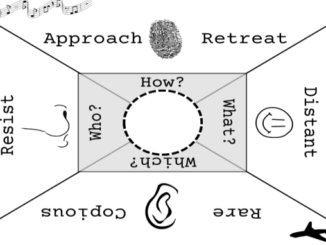
Welcome to Ludogogy Magazine
This magazine sources inspirational, ideas-filled articles from the brightest and best in the fields of games-based learning, gamification and gameful design. It’s also a full-time job, and can’t continue without financial support. If it gives value to you, please become a patron at one of the three tiers offered – and access some great patron perks too.
– Sarah Le-Fevre (Editor)

The earliest learning simulations were wargames. Modern simulations grew out of combatants’ need to understand past strategies, and to develop and test new ones […]

Formal education kills team work. Alright, I hope that got your attention. Now let me share my experience with designing serious games to teach students at the University of Economics Krakow (UEK) 21st Century skills […]
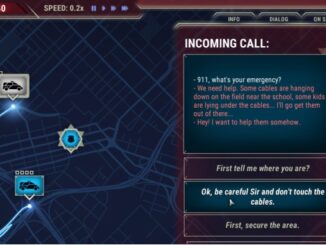
Although boundaries between genre and platform have gradually decreased, strategy games have been consistently popular for decades. […]
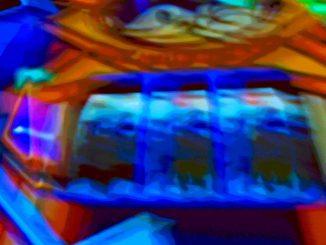
Until I was 17 years old, I was a hardened gamer. Platformers, strategy, beat’em up, FPS… I loved them all. But one day, without really knowing why, I got bored of video games and ended […]
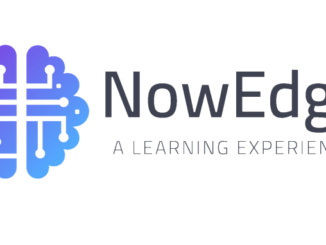
Stratedge is a strategic simulation designed and built by NowEdge to support learning outcomes around strategic thinking and implementation. […]
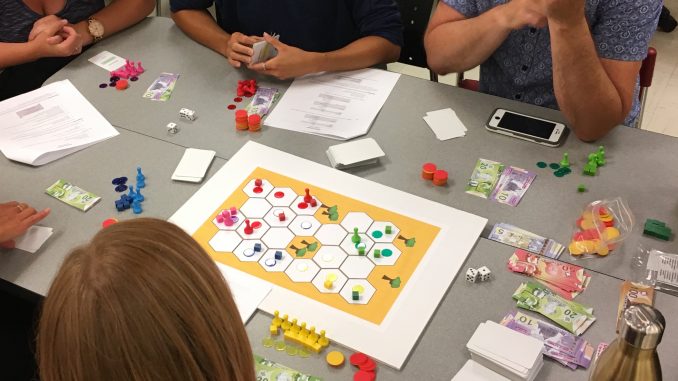
Ludogogy 2025
